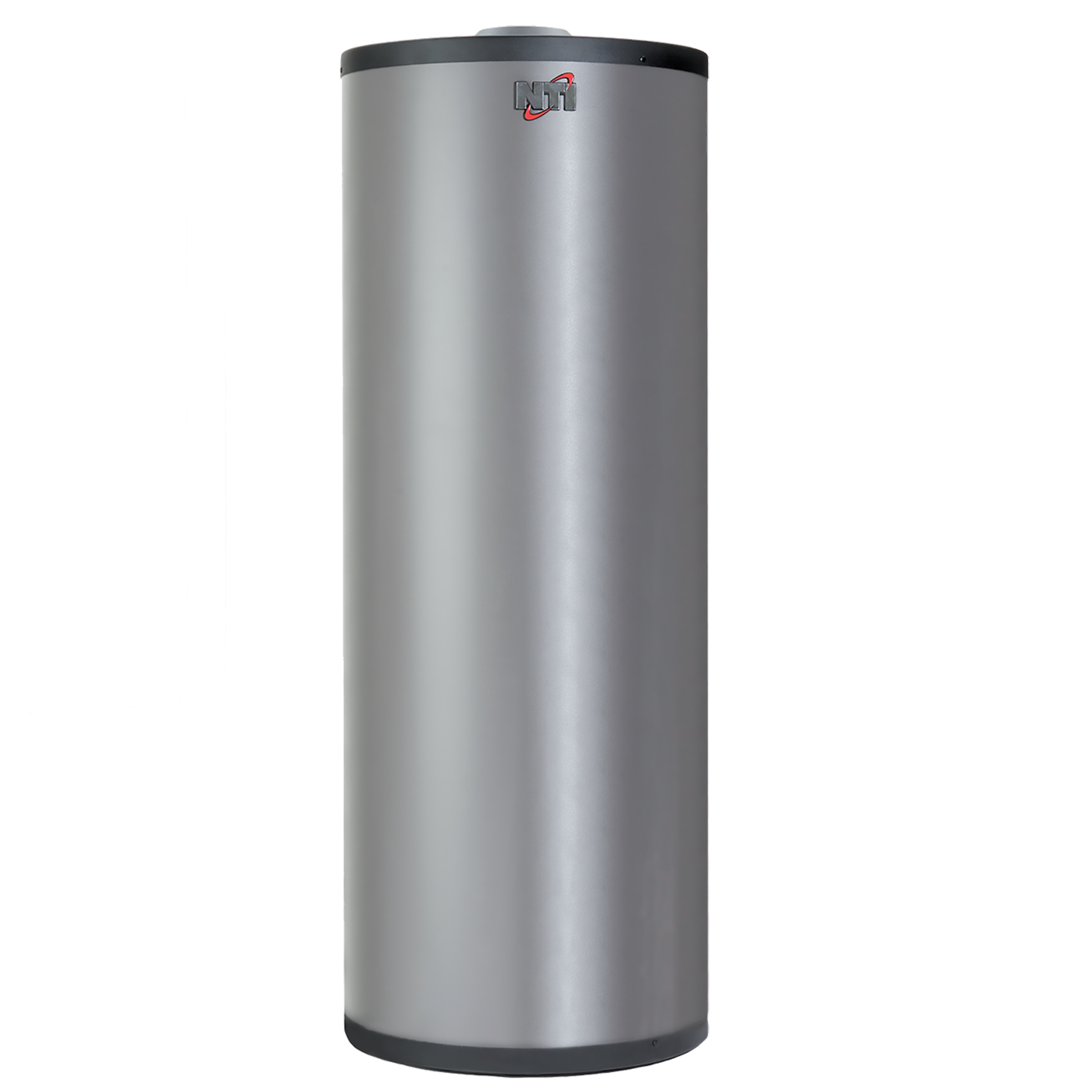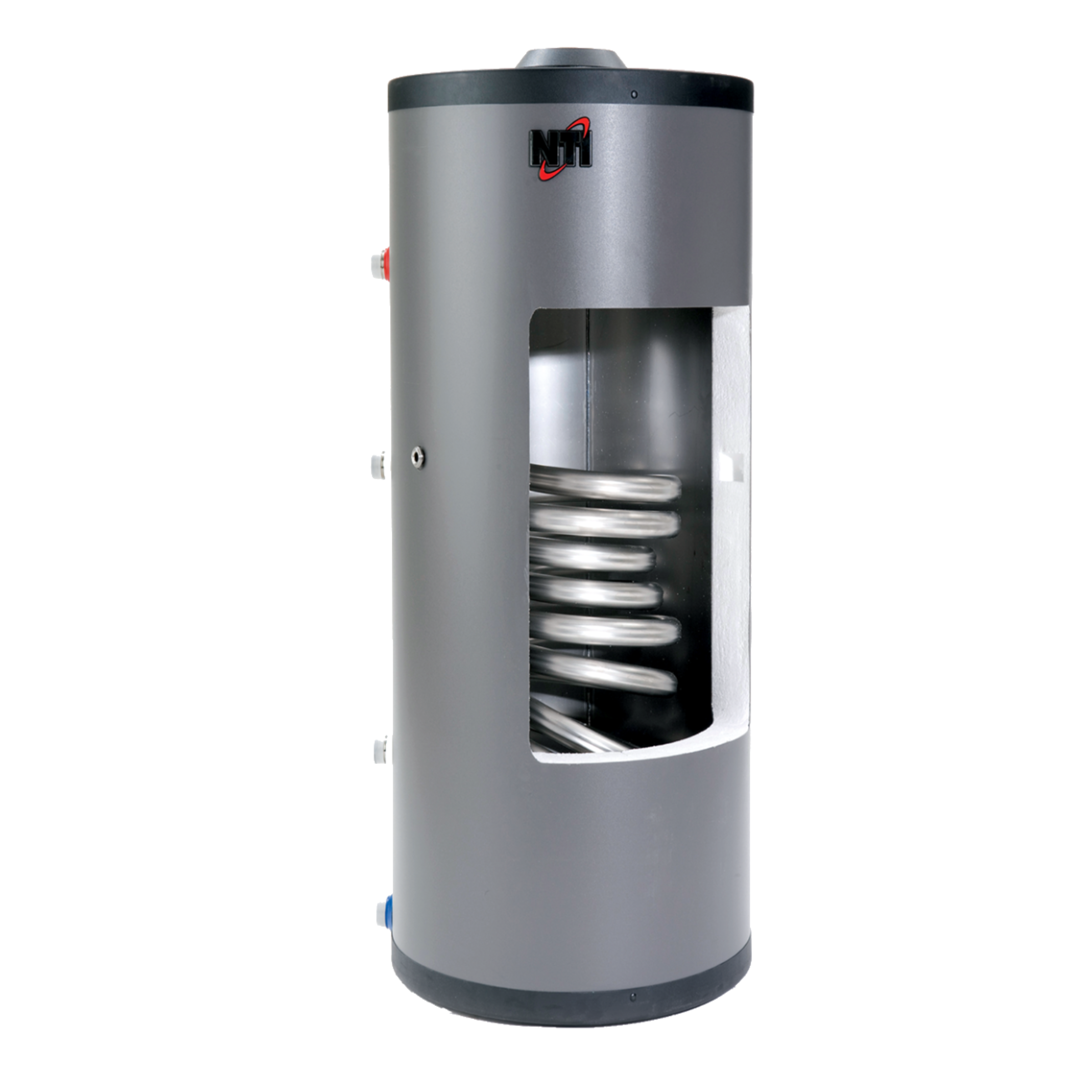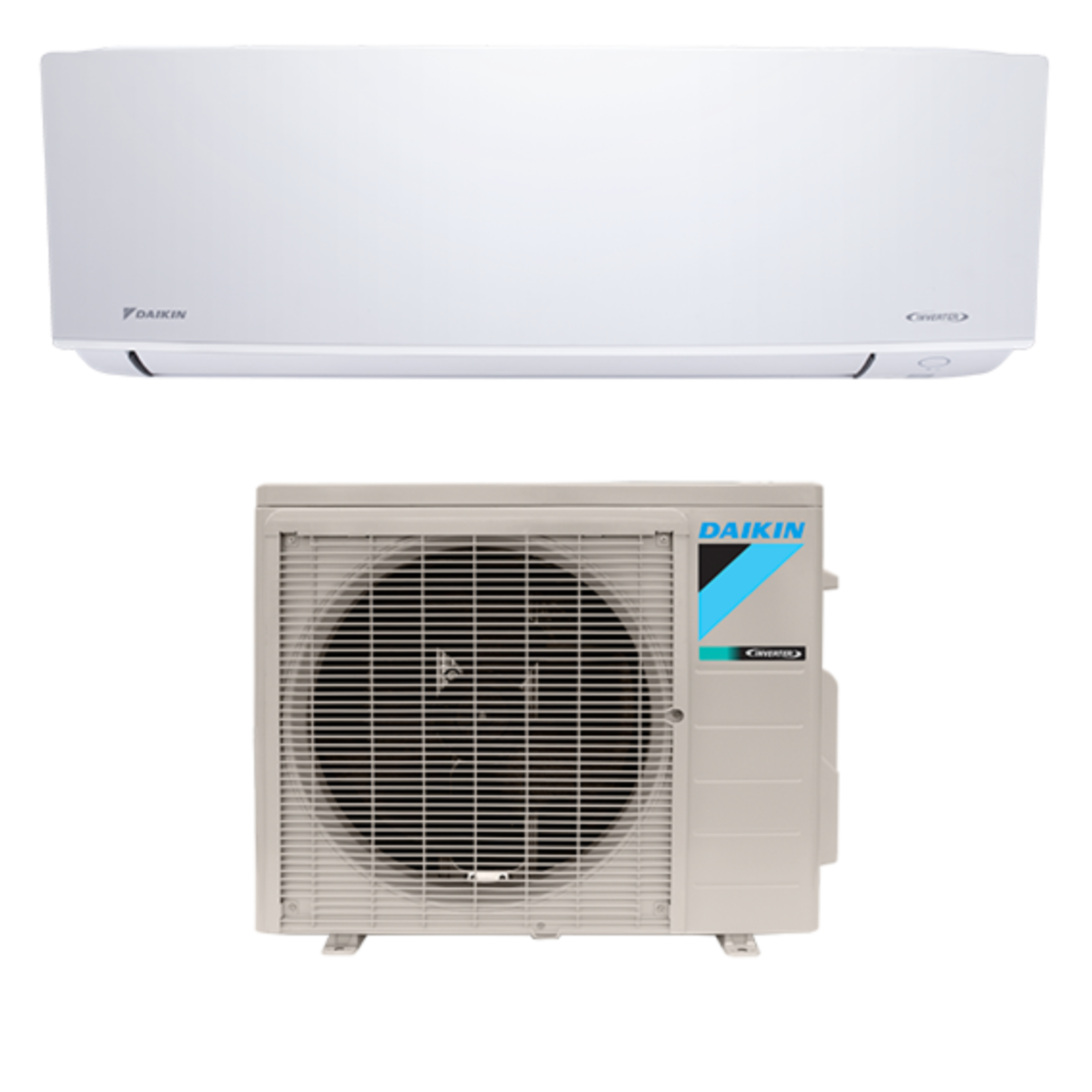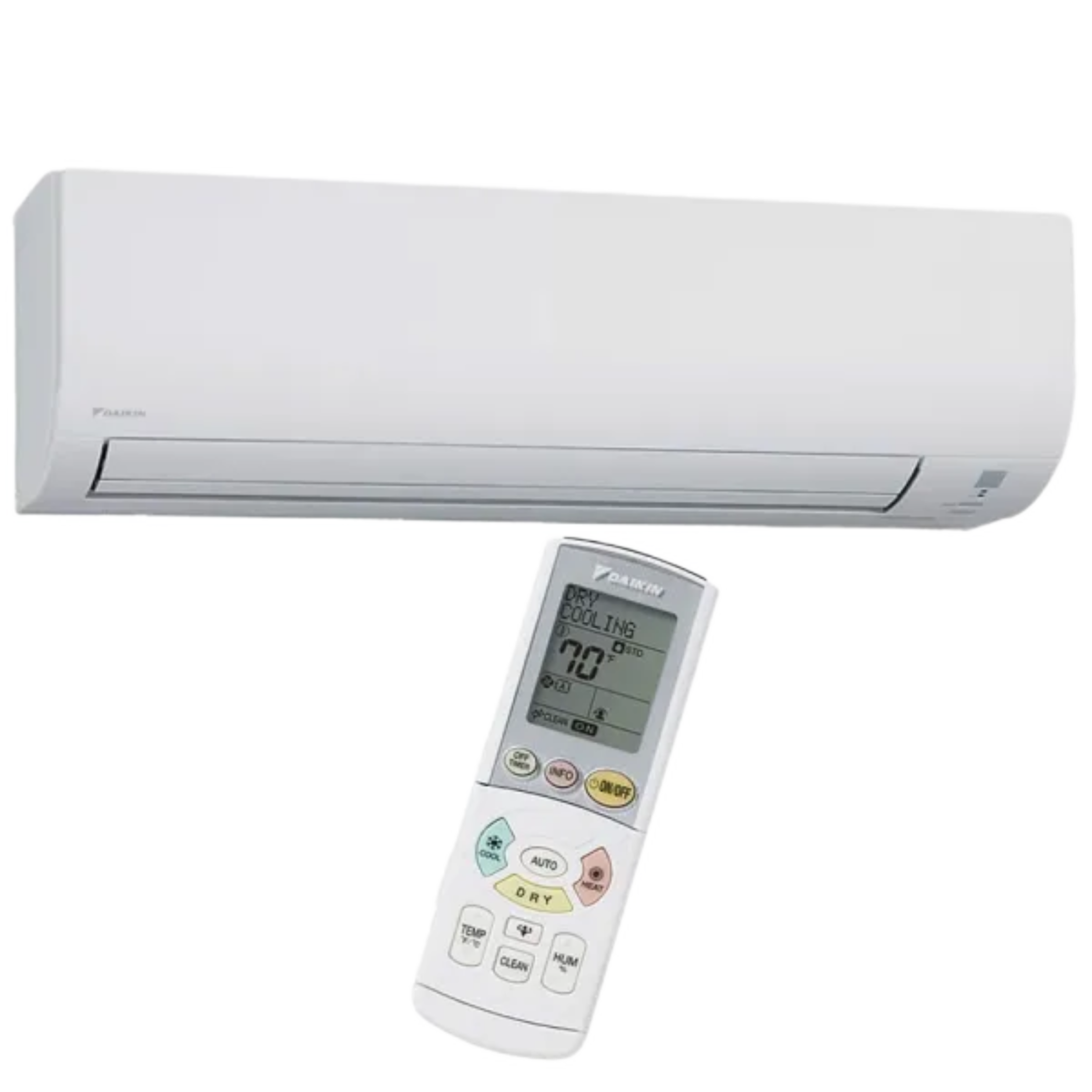Boilers play a crucial role in providing heat and hot water to our homes. Whether you are building a new home or replacing an old boiler, choosing the right one can be overwhelming. With various types of boilers available and factors to consider, it's essential to have a comprehensive understanding of boiler basics. In this guide, we will explore the key aspects of boilers, including efficiency, types, maintenance, and troubleshooting. By the end of this article, you will be equipped with the knowledge to make an informed decision when selecting the right boiler for your home.
Introduction to Boilers

Boilers are a central heating system that uses a fuel source, such as gas or oil, to heat water. The heated water then circulates through pipes or radiators, providing warmth to different areas of your home. Understanding how boilers work is essential in choosing the right one for your specific needs.
Understanding Boiler Efficiency

Boiler efficiency is a crucial factor to consider when selecting a boiler for your home. It determines how effectively the boiler converts fuel into usable heat. The Annual Fuel Utilization Efficiency (AFUE) rating is a standardized measure used to compare boilers' efficiency levels. It represents the percentage of fuel energy that is converted into heat.
When comparing boilers, look for a higher AFUE rating, as it indicates greater efficiency. However, keep in mind that higher efficiency boilers often come with a higher price tag. Balancing efficiency and cost is key in choosing the right boiler for your home.
How To Determine the Right Boiler for Your Home

Firstly, evaluate the available space in your home for the installation of a boiler. Different types of boilers require different amounts of space. Combi boilers, for example, are compact and do not require additional space for hot water storage tanks. On the other hand, regular boilers may need a separate hot water cylinder and additional space.
The size and age of your home also play a role in choosing the right boiler. Larger homes require boilers with higher heat outputs to ensure adequate warmth throughout the house. Older homes may have different heating system requirements, so it's important to consider the compatibility of the boiler with your existing system.
The number of bathrooms in your home is another crucial factor. If you have multiple bathrooms, you need a boiler that can supply sufficient hot water to meet the demand. Combi boilers are ideal for smaller households with one or two bathrooms, while system or regular boilers may be more suitable for larger households.
Lastly, consider your hot water supply needs. Do you have a high demand for hot water, such as for power showers or filling large bathtubs? If so, a boiler with a higher hot water flow rate would be more suitable.
Types of Boilers

There are three main types of boilers: combi, system, and regular boilers. Each type has its own advantages and considerations. Understanding the differences between these types will help you choose the most suitable one for your home.
Combi boilers are the most popular choice for smaller households. They combine a central heating boiler and a high-efficiency water heater in one unit, eliminating the need for a separate hot water cylinder or cold water storage tank. Combi boilers provide instant hot water and are space-efficient.
System boilers work similarly to combi boilers but require a separate hot water cylinder. They are suitable for larger households with higher hot water demands. System boilers are more efficient than regular boilers and offer better water pressure.
Regular boilers, also known as traditional or conventional boilers, are the oldest type of boiler. They require a separate hot water cylinder and cold water storage tank. Regular boilers are ideal for homes with multiple bathrooms and high hot water demands. However, they take up more space and may require more complex installation.
When To Replace Your Boiler

Boilers, like any other appliance, have a limited lifespan. As they age, they become less efficient and may experience frequent breakdowns. Knowing the signs that indicate it's time to replace your boiler is crucial for maintaining a comfortable and safe home.
One of the most noticeable signs is a significant increase in your energy bills. As boilers age, their efficiency decreases, leading to higher energy consumption. If you notice a sudden spike in your heating costs, it may be a sign that your boiler is no longer operating efficiently.
Frequent breakdowns and repairs are another indicator that your boiler is nearing the end of its lifespan. If you find yourself calling a technician too often, it may be more cost-effective to invest in a new boiler.
Uneven heating throughout your home is also a sign that your boiler is struggling to perform. If you notice cold spots or inconsistent temperatures, it may be time to consider a replacement.
Additionally, if your boiler is more than 15 years old, it is likely outdated and less energy-efficient compared to newer models. Upgrading to a modern boiler can improve your home's energy efficiency and reduce your carbon footprint.
Common Boiler Problems
Boilers, like any other complex system, can experience issues from time to time. Being aware of common boiler problems and knowing some troubleshooting tips can help you resolve minor issues and prevent major breakdowns.
One common problem is low boiler pressure, which can result in a loss of heating or hot water. Checking the pressure gauge and re-pressurizing the system can often resolve this issue.
Another issue is a frozen condensate pipe, especially during cold winter months. Insulating the pipe or using warm water to thaw it can restore the boiler's operation.
Noisy boilers are often a result of trapped air or a faulty pump. Bleeding the radiators and checking the pump can help alleviate the noise.
These are just a few examples of common boiler problems. If you encounter more complex issues or are unsure about troubleshooting, it is best to seek professional assistance.
Boiler Maintenance Tips for Optimal Performance

Regular maintenance is crucial to ensure your boiler operates efficiently and lasts for its expected lifespan. Here are some essential maintenance tips to keep your boiler in optimal condition:
-
Annual Servicing: Schedule an annual boiler service with a qualified technician. They will inspect and clean the boiler, ensuring it operates safely and efficiently.
-
Bleeding Radiators: Regularly bleed the radiators in your home to remove trapped air. This will help maintain even heating throughout your property.
-
Checking Pressure: Monitor the boiler's pressure regularly and top it up if necessary. Low pressure can lead to heating and hot water problems.
-
Inspecting Flue and Ventilation: Ensure the flue and ventilation openings are clear of obstructions to prevent carbon monoxide buildup.
-
Lagging and Insulation: Properly insulate your boiler and pipes to prevent heat loss and improve energy efficiency.
-
Regular Cleaning: Keep the boiler and its surrounding area clean and free from dust or debris.
By following these maintenance tips, you can extend the lifespan of your boiler and optimize its performance.
Have any questions?

If you are in the Toronto area and looking for the best boilers available, we have a wide range of options to suit your requirements. Contact us today to find the perfect boiler for your home.
We hope this boiler buyer’s guide helps you purchase the right boiler for your home’s needs. If you have any additional questions about the heating solution for your needs, please contact our sales team.
You can reach our sales team at 1-289-999-2334
Don't compromise on comfort and efficiency - choose the right boiler for your home today!





